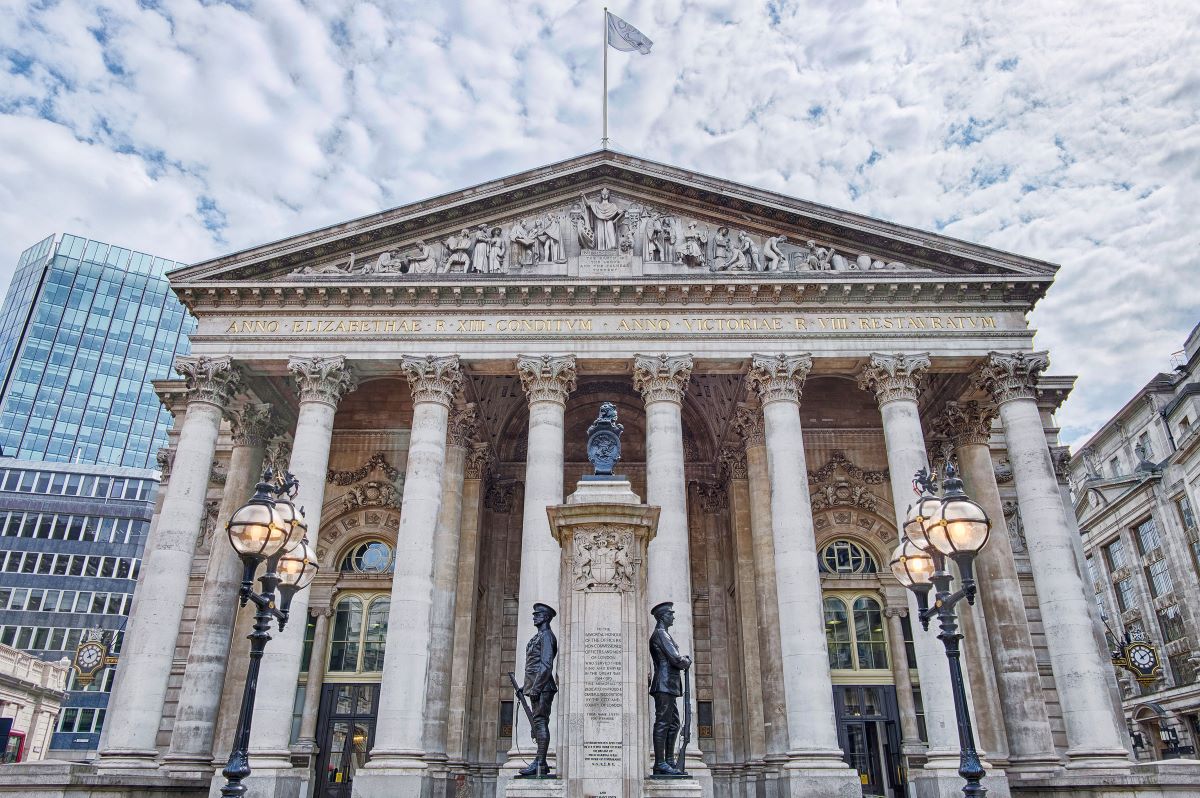As the market closed on Wednesday, the FTSE 100 share index closed at 8,354.05 points – its highest-ever level. So, if the UK is struggling, why is the UK stock market doing so well?
FTSE 100 Isn’t the Economy

To begin with, the FTSE 100 isn’t a measure of the UK economy. It’s a market where traders, both personal and professional, can buy and sell shares in the 100 biggest companies registered in the UK.
Investor Value Businesses Based on Various Factors

A business’s share price is impacted by many variables. Profitability, sentiment, dividend payments, market share changes, new products, currency denominations, etc., all play a part.
The Weak Pound Helps
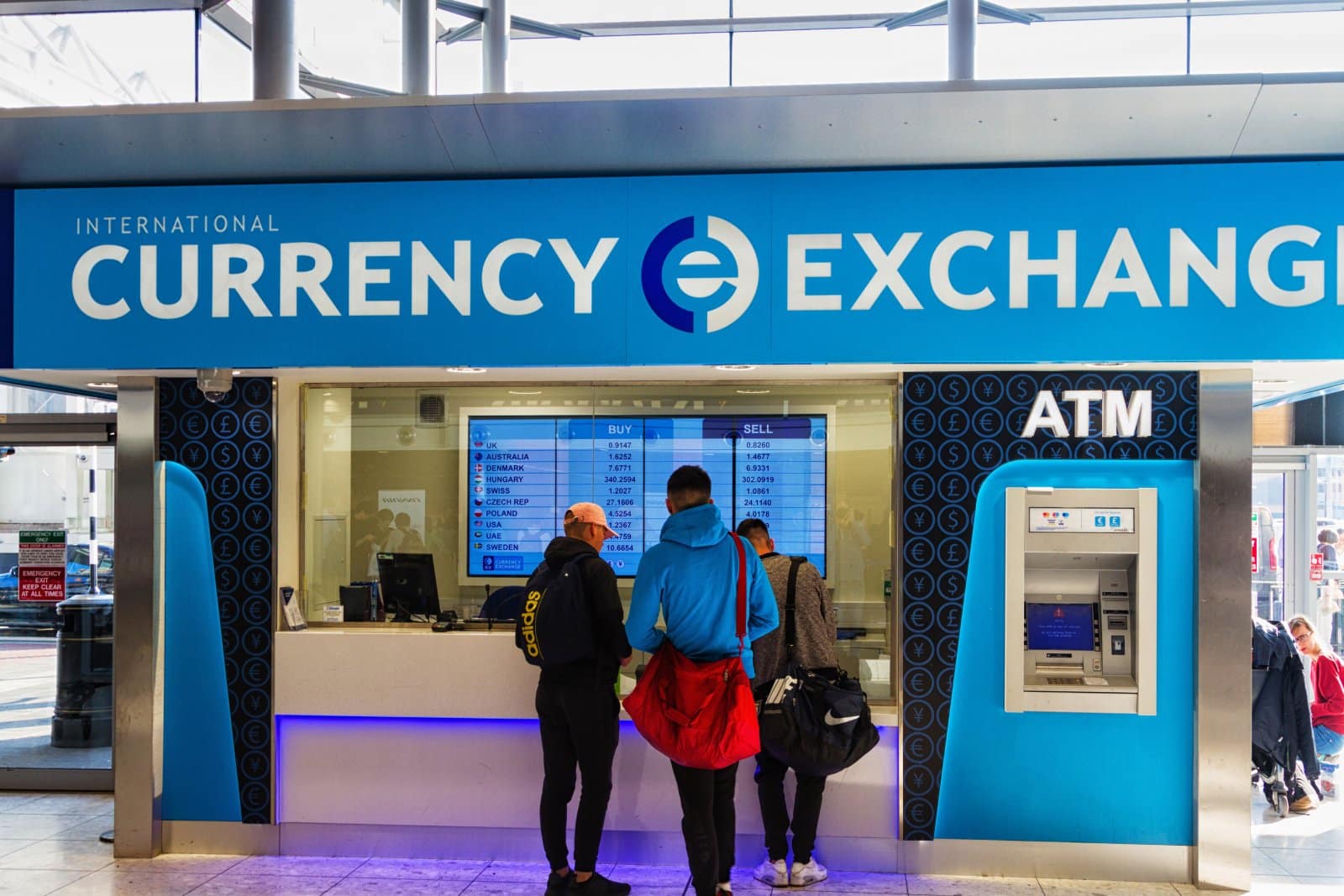
The bit the government won’t want to hear is that the weak pound is a huge help to the FTSE. Many businesses on the market trade globally, making much of their money in dollars. When they convert these dollars into GBP, they get more pounds for their dollars, increasing profits.
Range of Companies Benefit Depending on Different Markets

The airlines have had a good spell recently. Increased flight bookings leading into the summer, coupled with the reduction in costs thanks to the oil price reduction, have helped them significantly.
Lower Interest Rates Can Help
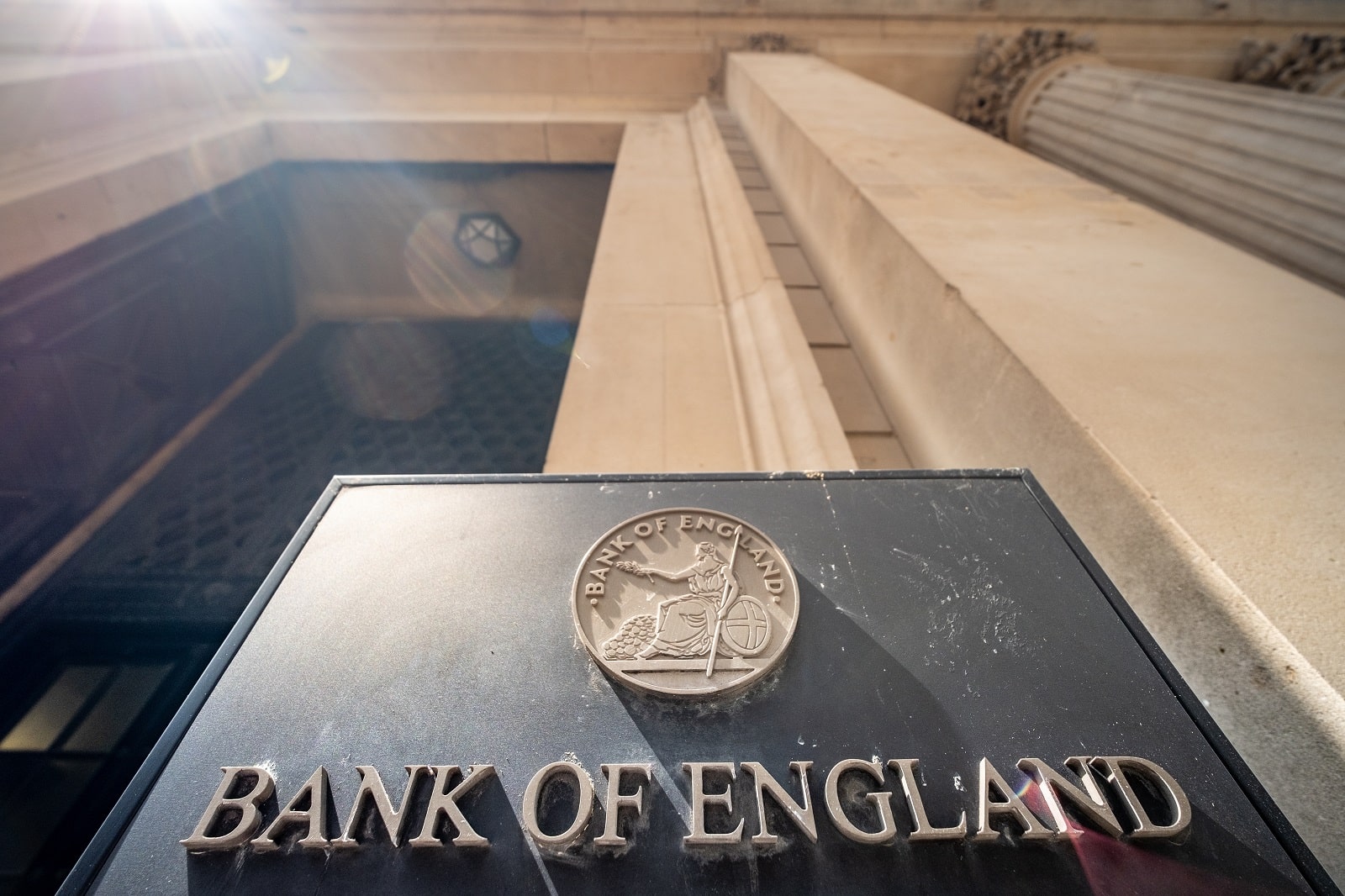
Some traders are speculating that the Bank of England will soon reduce interest rates, so they are buying up shares ahead of the fresh money entering the market.
Why Does Interest Rates Impact Stock Markets?

As interest rates go down, borrowing costs go down. That means more people have surplus cash to invest into markets, increasing share prices.
Investors Looking for Best Returns

That’s not all, though. As interest rates drop, returns on cash in the bank are lower. This triggers investors to move money in search of better returns, which are often found in the stock market.
FTSE Dividend Rates

Many companies are paying dividends far north of 5% – a figure you’ll struggle to match in a standard bank account. There’s also the rise in share price, which can take returns to double figures.
Banks to the Rescue
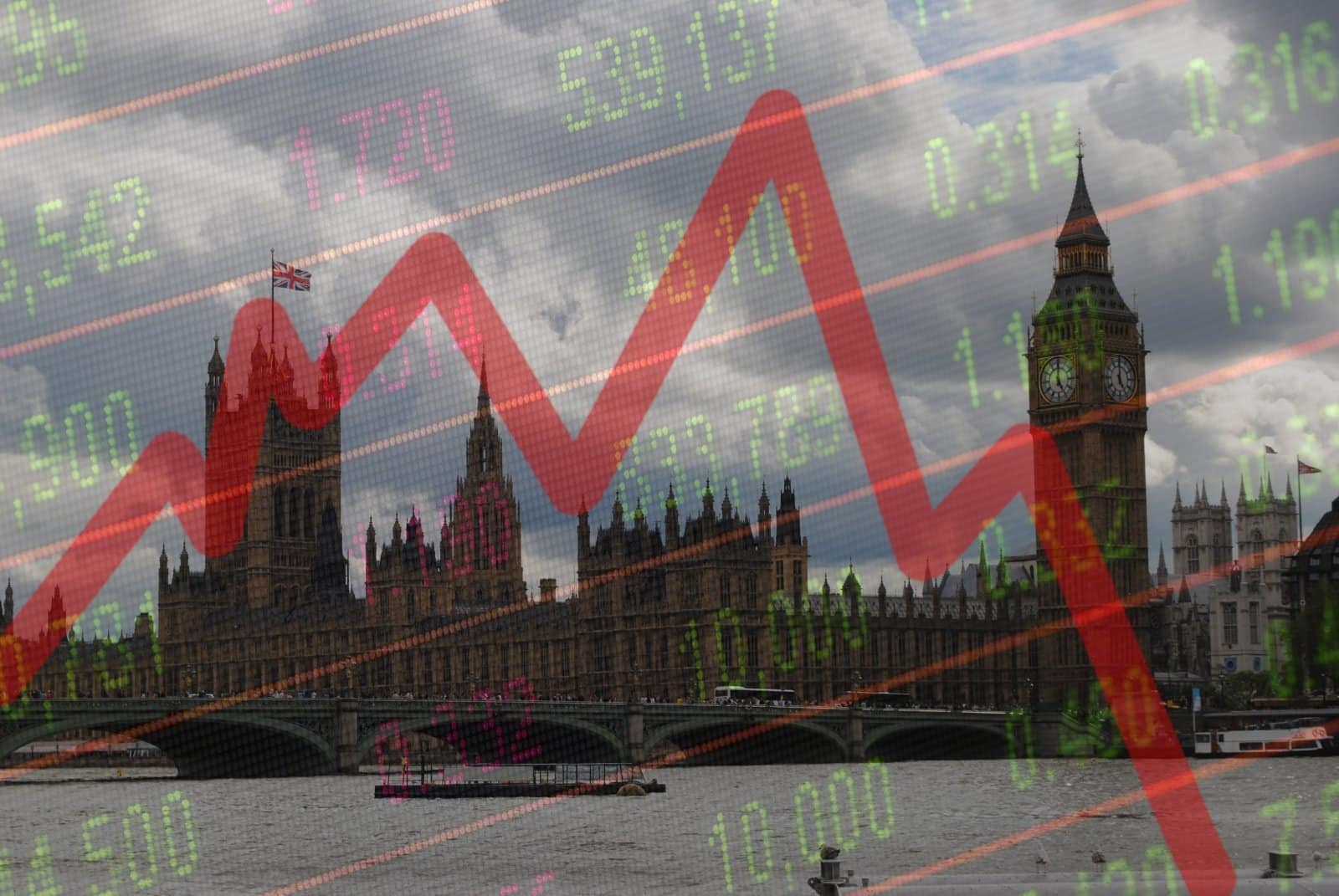
The higher interest rates have helped the banking sector, and many global banks are registered on the UK Stock Exchange. Higher charges from interest has seen the likes of HSBC, Lloyds and Barclays have bumper years.
Can the Government Take Credit for Markets?

You can certainly blame the government for helping the pound drop dramatically in value, which has helped businesses that earn in dollars! However, they can’t take credit for the general rise in value.
Investment Director Explains How Currency Value Impacts Stock Returns

Russ Mould, Investment Director at AJ Bell, says: “The FTSE 100 continues to forge to new all-time highs with sterling weakness providing the index with a bit of a kicker. A fall in the domestic currency is typically helpful to the FTSE 100 because it boosts the relative value of its dominant overseas earnings.”
The Federal Reserve Might Help Too

America’s central bank, the Federal Reserve, might also help the FTSE. The American economy is booming, so all eyes are on their next move. If they decide to increase interest rates to stem growth, investors might move money away in search of better returns.
Currency Strength Helps Change Market Fortunes
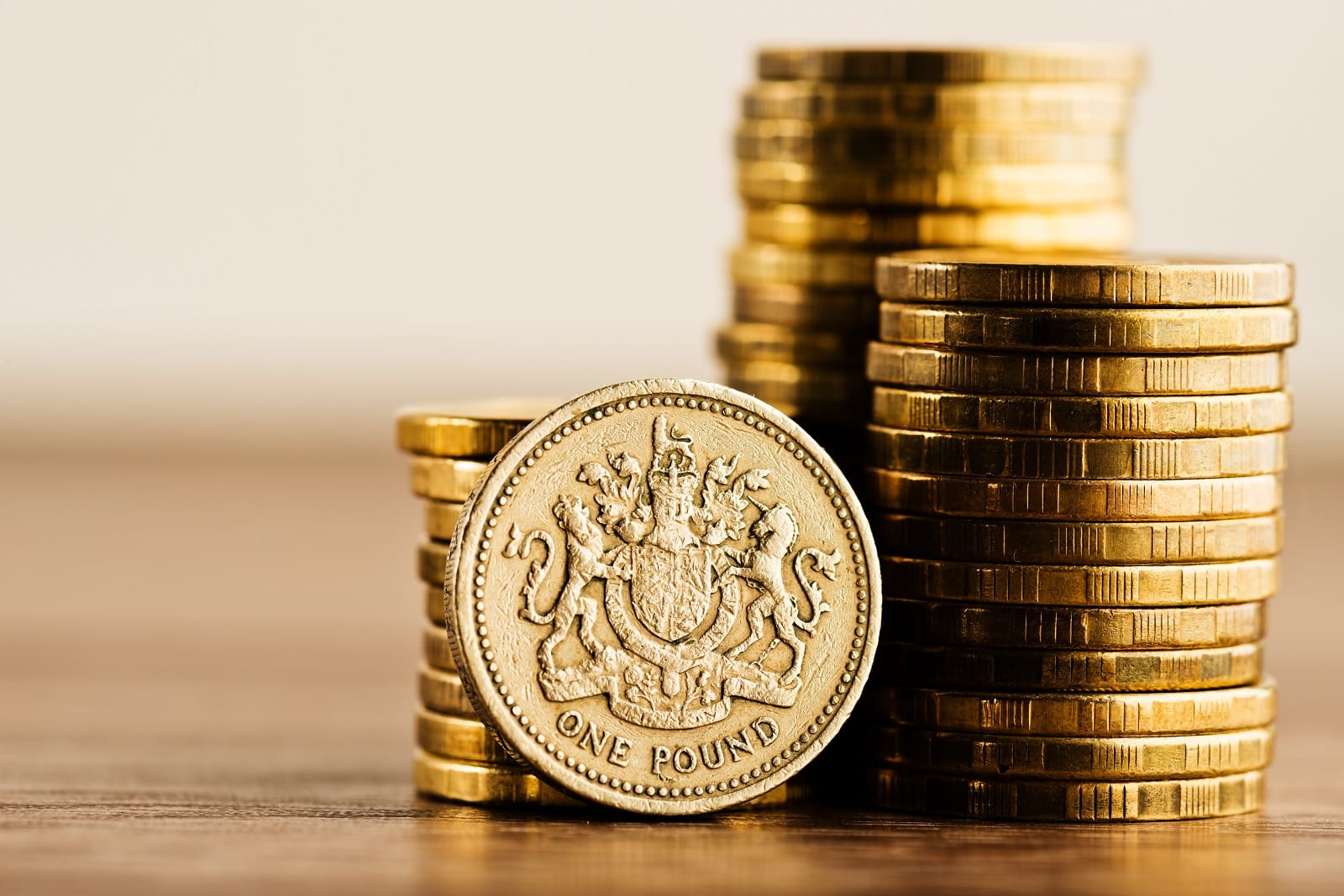
AJ Bell’s Russ Mould says: “Currency traders are betting against the pound ahead of the Bank of England’s latest meeting tomorrow, amid a growing expectation it will cut rates earlier than counterparts at the US Federal Reserve.”
Will Markets Continue to Rise?

Investors generally believe the stock market will rise for at least the coming year. We’re in an election year, so expect the government to offer as many financial sweeteners as it can to voters.
How Do Government Giveaways Help Stock Markets?

This extra money often finds itself in the hands of the investing classes, which is put into stock markets. More money invested sends the stock market higher, boosting returns.
COVID Money a Classic Example

During the pandemic, the government gave the population a lot of cash.
The post FTSE 100 Hits Record High Despite UK Struggles – What’s Driving the Market Boom? first appeared on Swift Feed.
Featured Image Credit: Shutterstock / Pavel Rumme.

